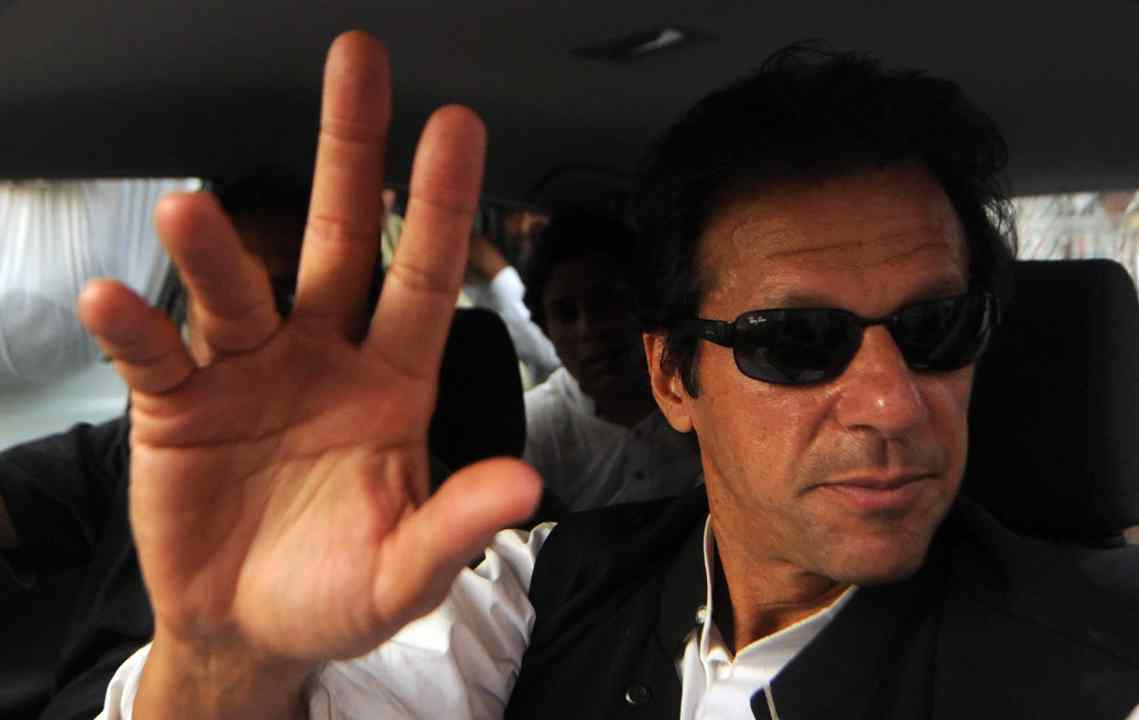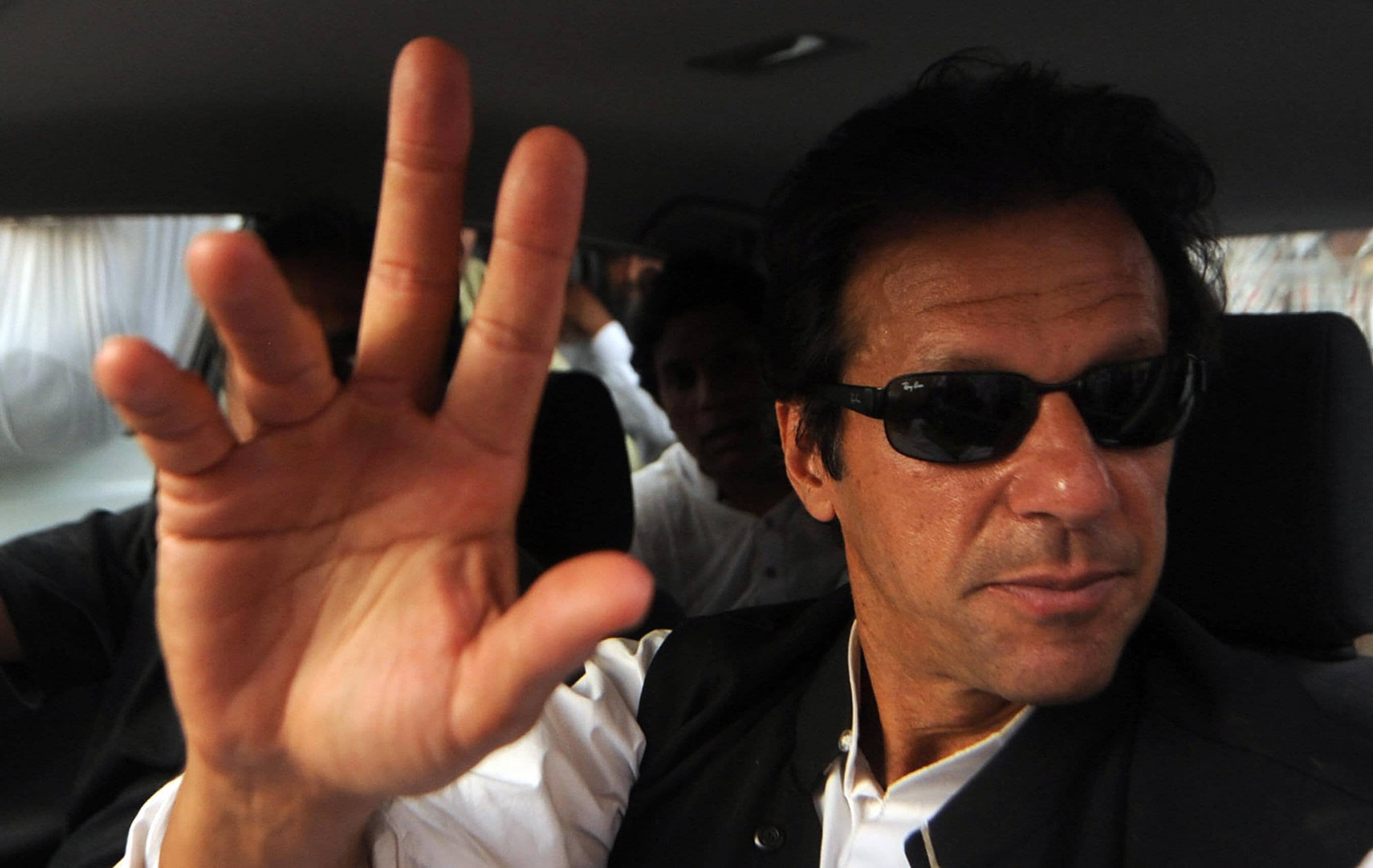On Sunday, Imran Khan became the first prime minister in Pakistan’s history to be ousted by a no-confidence vote. Followers of Khan’s Pakistan Tehreek-e-Insaf party naturally took to the streets; much of their anger has been directed at the generals who engineered their leader’s downfall.
It was a clash with the all-powerful military that, like so many of his predecessors, finally ended Khan’s prime ministership. The former cricketer had attempted to oust one of the country’s all-powerful spy chiefs, a move that finally ended the uneasy relationship between the PM and the military. Attempting to save his own politician skin, Khan tried to block a no-confidence vote by dissolving the assembly last week but this was deemed illegal by the Supreme Court. Now his supporters, mainly the conservative, urban middle-classes, are outraged. It seems unlikely that they will be able to change the outcome of the military machinations. Opposition leader Shahbaz Sharif is to take his place, a more pliant figure in the eyes of the generals and a member of the PML-N, which has ruled Pakistan alongside the PPP for half of the country’s history, with the other half spent under military rule.
With no political empire left to shield, Khan can go all out and take on the epicentre of Pakistan’s skewed power structure
Few in the West will be unhappy to see Khan go: his rages against American imperialism and cosying up to Islamism made him an unstable regional actor. In power, he proved uncompromising and ineffective. His promises to end corruption in 90 days and create 10 million jobs both failed to materialise. And the number of opposition figures and journalists filling Pakistan’s prisons only increased. Yet the method by which he was ousted speaks to a deeper problem in Pakistani politics.
Khan began his political career as a voice against the military’s abuses before eventually striking a deal with the devil to rise to power on the generals’ shoulders. In his three-and-a-half-year rule, Khan oversaw a multitude of fiscal crises that alienated the country’s working class. He pandered to the radical Islamists and supported the Taliban in Kabul. And he was catastrophic for Pakistan’s world standing: humiliating the country in brawls with France, was devout in his subservience to China and dangerous in his flirtations with Russia.
The latter, coupled with Khan’s populist, anti-West rhetoric eventually threatened the military’s interests and he was swiftly removed. But it has allowed Khan to fan claims of a ‘US-led conspiracy’ to oust him, further emboldening supporters’ views that he is taking on the world for the betterment of Pakistan.
Having categorically proven himself unfit to run the country, Khan can use his failures to help rid Pakistan of its perpetual ailment: the military’s unchallenged hegemony. Next year the country will hold a general election. If Khan continues his vociferous and uncompromising attacks on the military, perhaps in some perverse way that election may be saved from the meddling that had defined previous contests.
Khan’s supporters are now in the streets chanting that the army chiefs are ‘mercenaries’ – reminiscent of Khan’s position before taking office that they are up for sale, especially to the US. He is focusing his attacks too on the PML-N and the PPP over their dynastic rule and corruption, a return of sorts to what he was saying before coming to power in 2018. Perhaps he can return to that same crusade with added vigour, taking on the army’s unparalleled corruption and their opportunistic reshuffling of political alliances to suit their own ends.
With no political empire left to shield, Khan can go all out and take on the epicentre of Pakistan’s skewed power structure that he has dutifully protected for much of his time as Prime Minister. On the cricket pitch, Khan was one of the great heroes of Pakistan. His political life saw him become a villain, but he may yet regain something of that former heroism.
For that, however, he would need to do the one thing that he would find harder than his unlikely Cricket World Cup win. Khan would need to admit his mistakes.







Comments